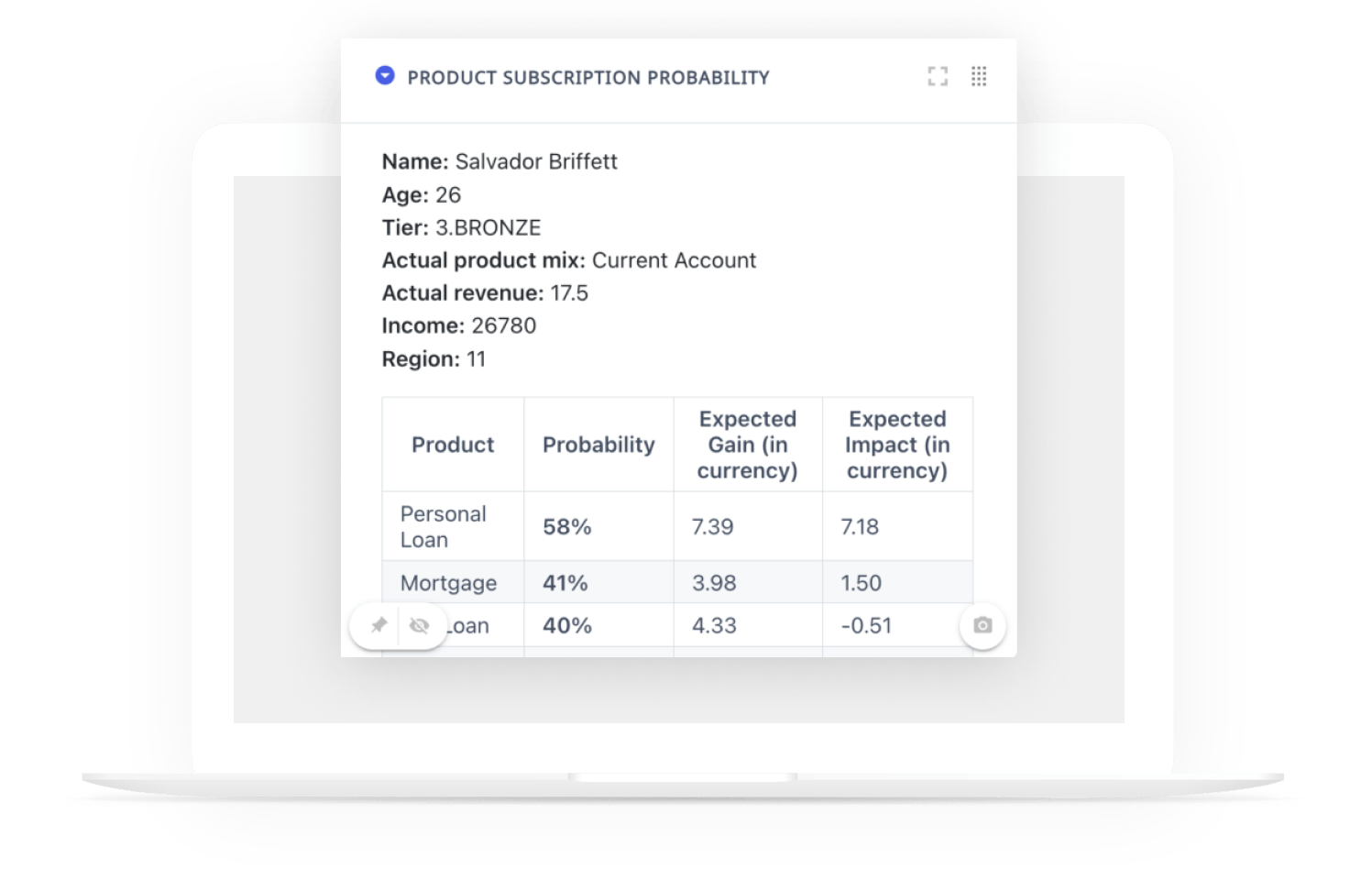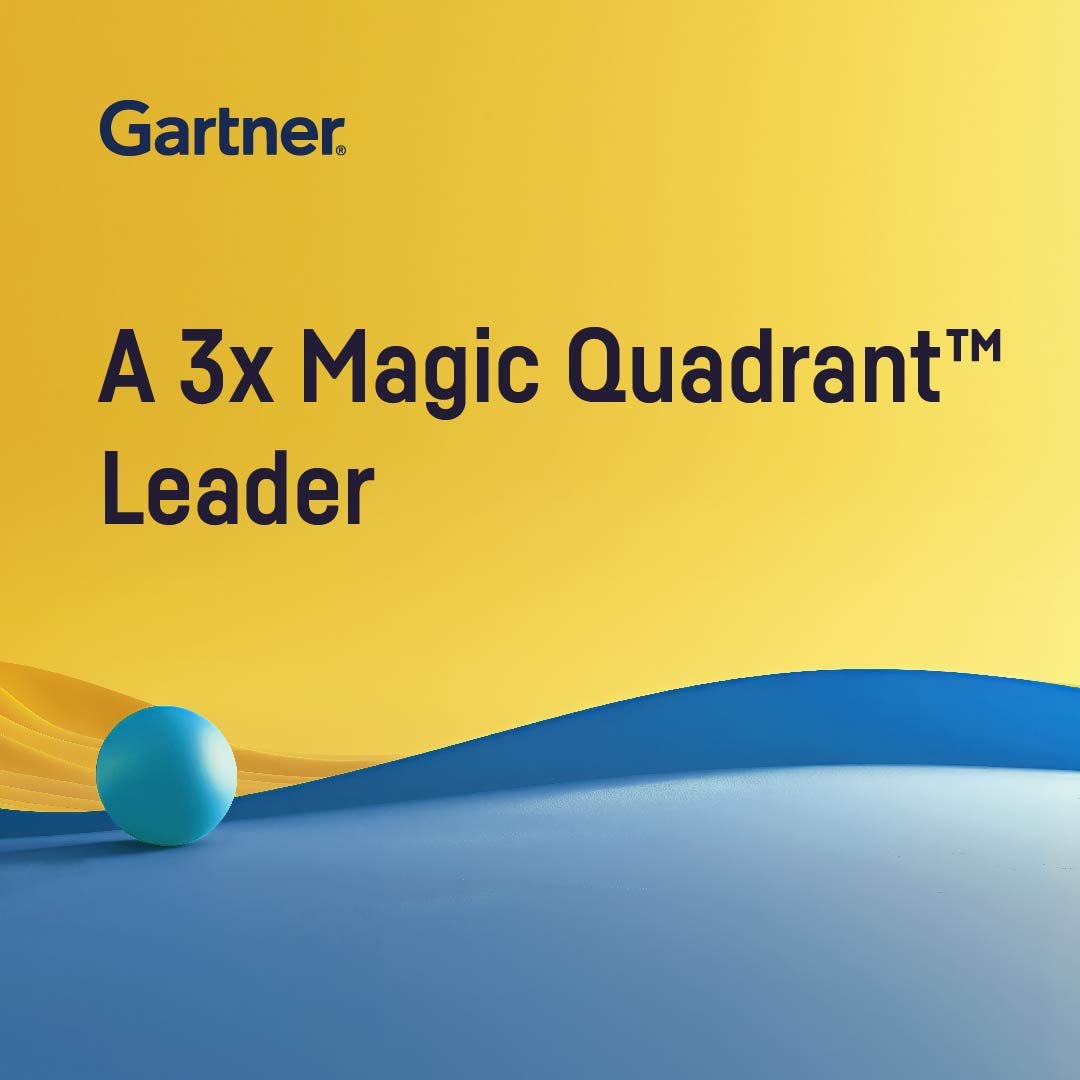Norwegian insurance company Frende Forsikring wanted to make claims reporting simple for their customers, so they have one common email address for reporting claims. However, they have four different claim units: buildings, vehicles, legal, and one that combines pets, travel, and content.
Emails used to be read and interpreted before manually forwarding them to the correct claim unit. With such high email volumes and immensely monotonous work, the AI/ML team knew this would be a perfect use case for automation. Read on to see how they used Dataiku to get the job done and collaborated with the robotics process automation (RPA) team along the way.
Simplifying Claims Reporting for Customers
The AI/ML team trained a BERT model on 10,000 emails to predict the correct unit for incoming emails. The precision of the model is impressively high, as they managed to correctly predict claim units for 98% to 99% of all incoming emails. It’s so accurate that the model is now distributing all emails in the claim center and even redirects them if it disagrees with the claim unit it was originally sent to!
The trained BERT model was uploaded along with the tokenizer into Dataiku. The team also used the Dataiku library to make functions to convert email attachments like PDF files, Word files, or images of text into digital text that is merged with the email text itself. All this is put into an API, which is made by the Dataiku API designer. The digital robot, which actually performs the forwarding of emails, sends emails and attachments into the API, which returns the email destination together with a probability.
The Frende Forsikring team leveraged the easy connection between Dataiku and their data warehouse to see if they can identify the email writer as one of their customers, as well as the claim number if there is one. If the customer is identified, they can find all open claims for a given customer. The automation also works for emails such as auto-replies or spam, which are not forwarded to any units — saving even more time.
Keeping a Human in the Loop
It was of the utmost importance for the Frende Forsikring team to keep a human in the loop to improve the model over time. All emails that are sent manually to the claim units are stored by the robot. These are used to train the BERT model on selected emails that are particularly challenging.
This has already improved the model, and the team expects further improvement over time. All API responses are logged and available in a dashboard for relevant stakeholders. The highly collaborative work, which includes a variety of technologies and processes, was performed by one person on the AI/ML team and one person on the RPA team and was only possible because of the robust and streamlined platforms Dataiku and Blue Prism (RPA tool) provide.
Hundreds of Hours of Work Saved
The highly automated process has been estimated to save 55-75 work hours each month which, in turn, enables teams to work on more complicated tasks that are less suited for automation. The process is scalable and puts Frende in a good position for growth, where they can handle larger volumes of emails in fewer work hours. They will also avoid risking that emails are forgotten or not handled within a reasonable amount of time, so the process is likely to have a positive impact on the response time and the total customer experience.
The project also served as a pilot for using AI in Dataiku together with a robot. Dataiku is well-designed for reusing and modifying existing projects, so the team has implemented this technology in other areas as well. In total, the Frende Forsikring team has seven Dataiku APIs in production that the robot uses for automating tasks and enriching the data with customer information.
Plus, Dataiku enabled Frende Forsikring’s small AI/ML team to work very efficiently and produce highly advanced results in a relatively short time. Monitoring and communication of the automation and value creation were very simple through dashboards and the transparent and easily explainable workflow and results made it easy for the team to get buy-in and understanding from both leaders and workers that are influenced by automation.





